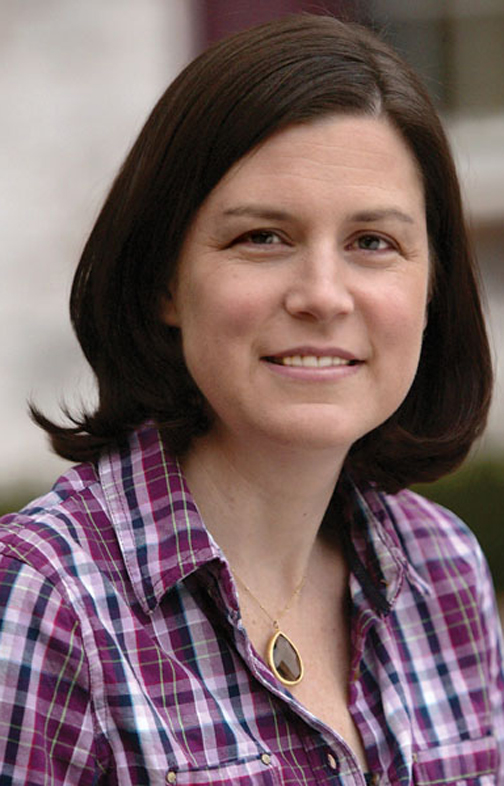From the Editor
Earlier this fall, the baby boomers who work at PAW were having a grand time disparaging the leisure-reading selections of today’s undergraduates. Angela Wu ’12, one of our talented student writers, had been assigned to write an article — found on page 42 — about what students read in their spare time. There were books about vampires. Teen romance. Fantasy thrillers. We were not impressed: Where were the books that would send young Princetonians charging out FitzRandolph Gate to change the world?
We should have kept quiet. A Google search turned up the most popular books on college campuses in 1986, the year I got my degree from Princeton. What were we reading about? Vampires (Anne Rice’s The Vampire Lestat). Teen romance (Priscilla Presley’s Elvis and Me). Fantasy thrillers (Stephen King’s Skeleton Crew).
Students’ taste in leisure reading might be the only thing relating to books that hasn’t undergone a sea change over the last generation. Books no longer need to be made of paper. Authors, publishers, and retailers are experimenting with new business models. Libraries are reinventing themselves: fewer physical books, more computers, more ways that people use library collections without ever setting foot inside. Book reviews by every everyman have replaced expert opinion.
Those are some of the ideas that we explore in this issue. Princeton alumni are found in all corners of the book world: as authors, publishers, literary agents, critics, and retailers — from Nick Potter ’73, a used-book retailer in Santa Fe, N.M., a self-described “old-school bookman” who doesn’t have a website and sells nothing online; to Jeff Bezos ’86, the founder of Amazon.com, who has done as much as anyone to change publishing. “Evolution in all things is key,” Bezos noted in a short email discussion with PAW. “We are far from done ... there’s a lot of invention ahead.”
We are proud to welcome Jennifer Altmann to our staff as an associate editor. Jennifer will write much of the news coverage in the Campus Notebook section and will edit our sports section. She comes to PAW from the University’s communications office, where she spent much of her time writing about the humanities. Before beginning work at Princeton, Jennifer was a staff writer at Brill’s Content magazine, where she covered the journalism industry, and at a daily newspaper in South Carolina.
Joining her in PAW’s sports section will be Merrell Noden ’78, a frequent PAW freelancer who is writing a column about Princeton sports, called “Extra Point,” in each issue. Merrell is an athlete himself — he lettered in cross country at Princeton. Since then, he has worked as a staff writer at Sports Illustrated, served as editor of Golf & Travel magazine, and written or edited articles on sports ranging from baseball to golf to football.














No responses yet